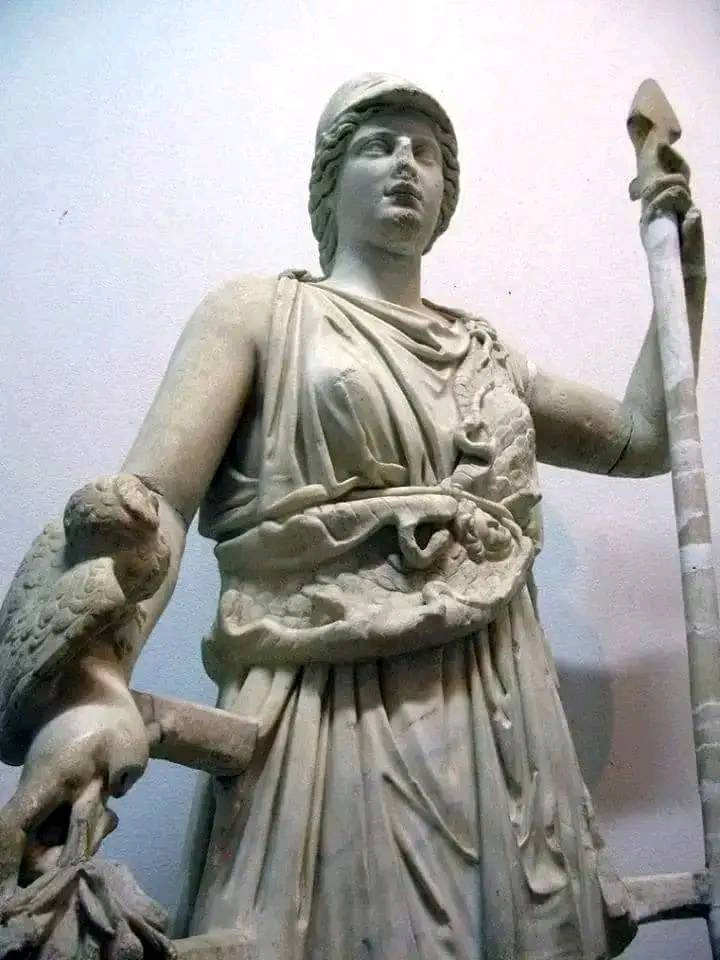Amazigh origins according to ancient (Greek) texts

All ancient texts prove that the Amazighs are the original inhabitants, far from any interpretations, distortions, or falsifications (in response to Benkoula, who said that the origin of the Amazighs are Persians)
The picture is taken from Herodotus, in which he says that the Libyans (Amazighs) are the indigenous people and the Phoenicians are foreigners.
Just as there is another theory that attempts to say that the original Amazighs are of the black race, we also respond to them with the words of Herodotus, who said that all inhabitants of Africa are of the white race, distinct from the Greeks and Phoenicians.
In support of Herodotus’ statement, there are Greek historians who spoke about the origin of North Africa, namely the geographer Strabo in the first century BC. The Greeks called the inhabitants of the western region of Libya the Moors, and the Romans called them the Moors. They are of Libyan origin and are one strong nation in the eyes of the Iberians, separated only by the famous Pillars of Hercules.

We note from Strabo's words that the western side of Libya also has the same origin, and this cancels out any claim that some of the Amazigh tribes are of other origins and are not indigenous to North Africa.
All classical written sources, such as Chrysdonnes of Sicily, Pliny the Elder, and Flavius Chrysconius (Greek historians and geographers), confirmed that the Amazighs were the original inhabitants, and this was supported by archaeological discoveries found in North Africa.

Note that the name Libya does not mean the country of Libya, because the Greeks in ancient times meant the continent of Africa, and what indicates this is that their maps divided the world into Europe, Asia, and Libya.
Secondly, there is no presence of all the slanders of the Phoenicians and many of the siftings with which they smashed our heads
It relied only on ancient texts for their historical importance
the reviewer
Book of Hadiths of Herodotus
A book describing Egypt and Libya
Geography book. Strabo, Book Seventeen, Part Three, Second Paragraph

